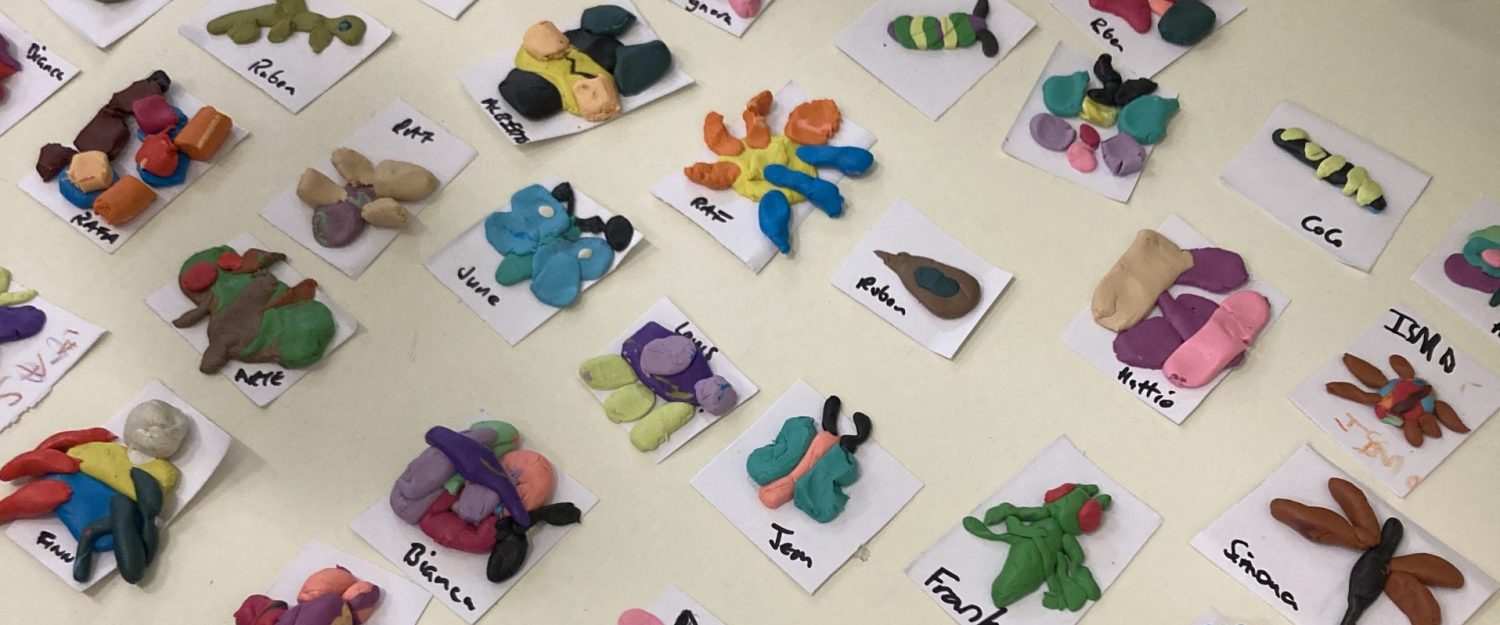As our collective inquiry progresses, students in Year 1 have delved deeper into their understandings of ecosystems and the natural world – finding ways to connect their knowledge with their own life experiences.
We started Week 7 by celebrating National Reconciliation Week, learning about the two important dates that mark this week and what they mean.
We learned that May 27 was the date of the successful 1967 referendum, where more than 90% of Australian voters chose ‘Yes’ to count Aboriginal and Torres Strait Islander peoples in the census and give the Australian Government the power to make laws for Aboriginal and Torres Strait Islander peoples. We talked about how these laws helped to protect all Australians and try to make things more fair for everyone. Then we learned that June 3 is Mabo Day, when the High Court recognised Eddie Mabo’s efforts to fought for recognition of the rights of Aboriginal and Torres Strait Islander peoples as the traditional owners of their land. We talked about what reconciliation means to us, why the dates in National Reconciliation Week are important to our First Nations people and important dates that we might celebrate in our own cultures.
“December 25 is an important day for me because it is my birthday!” June
“We celebrate Christmas on December 25” Patrick
“We celebrate special Maltese holidays” Vivi
“My family celebrates Chinese New Year” Didi
In Science and Sustainability we talked about the traditional custodians of the land that PHPS sits upon, the Wurundjeri Woi Wurrung people. We discussed how they cared for the plants and waterways and thought of ways we could continue to do this in our courtyard space.
We have continued to explore these themes of sustainability in our collective inquiry in Weeks 7 & 8. By becoming engineers, coders and bakers, students have experimented with boat construction, turtle art and cake design – learning key mathematical and language concepts along the way!
After putting the finishing touches on their 3D boats, students were excited to test out their seaworthiness! By placing counters in the boats, students tested how well they floated, counting the total number of counters each boat could hold. Luckily there were many willing pirate helpers to fish out the sunken treasure once the boats had succumbed to the bottom of the sea.
The turtle art workshops were inspired by work done with Dr Gary Stager when he visited PHPS in May. The program built upon the concepts introduced in Term 1 with Bee Bots, allowing the students to further extend their skills by transitioning to a web-based platform. Students engaged in coding activities that involved giving directions and specifying the number of steps for a virtual turtle to take, resulting in a variety of two-dimensional shapes. Students continued to use these 2D shapes to design their own urban gardens, the results of which we may see in our very own courtyard soon!
In the ‘More cake, please!’ workshop, students used collage to design their own special cakes. We focused on using three layers in our collages: the background, middle ground and foreground, building up our cakes until they were just right. Then we looked at procedural writing, for students to create their own piece of text to share their special recipe.
Our conceptual playworld, based on Anna Walker’s Florette, has also continued. Workshops were run not with Year 1 students, but a very high-falutin’ group of individuals known as The Horticulturalists’ Society. These most distinguished persons gathered to meet and discuss problems sent in from gardeners in the community. In discussing Reginald O’Dwyer’s issues with his ‘crispy ferns’, students devised an experiment to determine which factor was more important for a plant’s survival: sunlight or water? We will keep you posted with the results!
